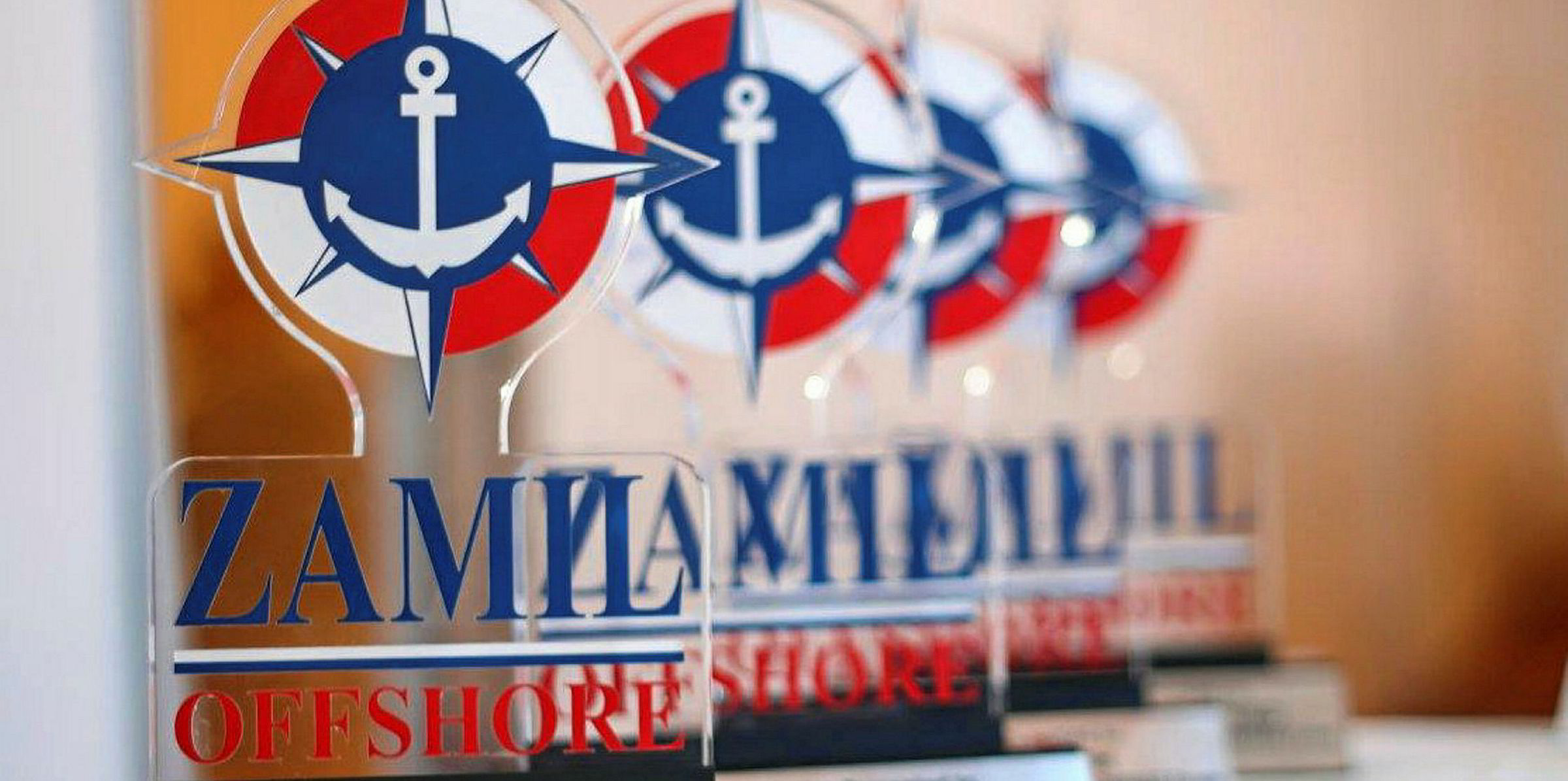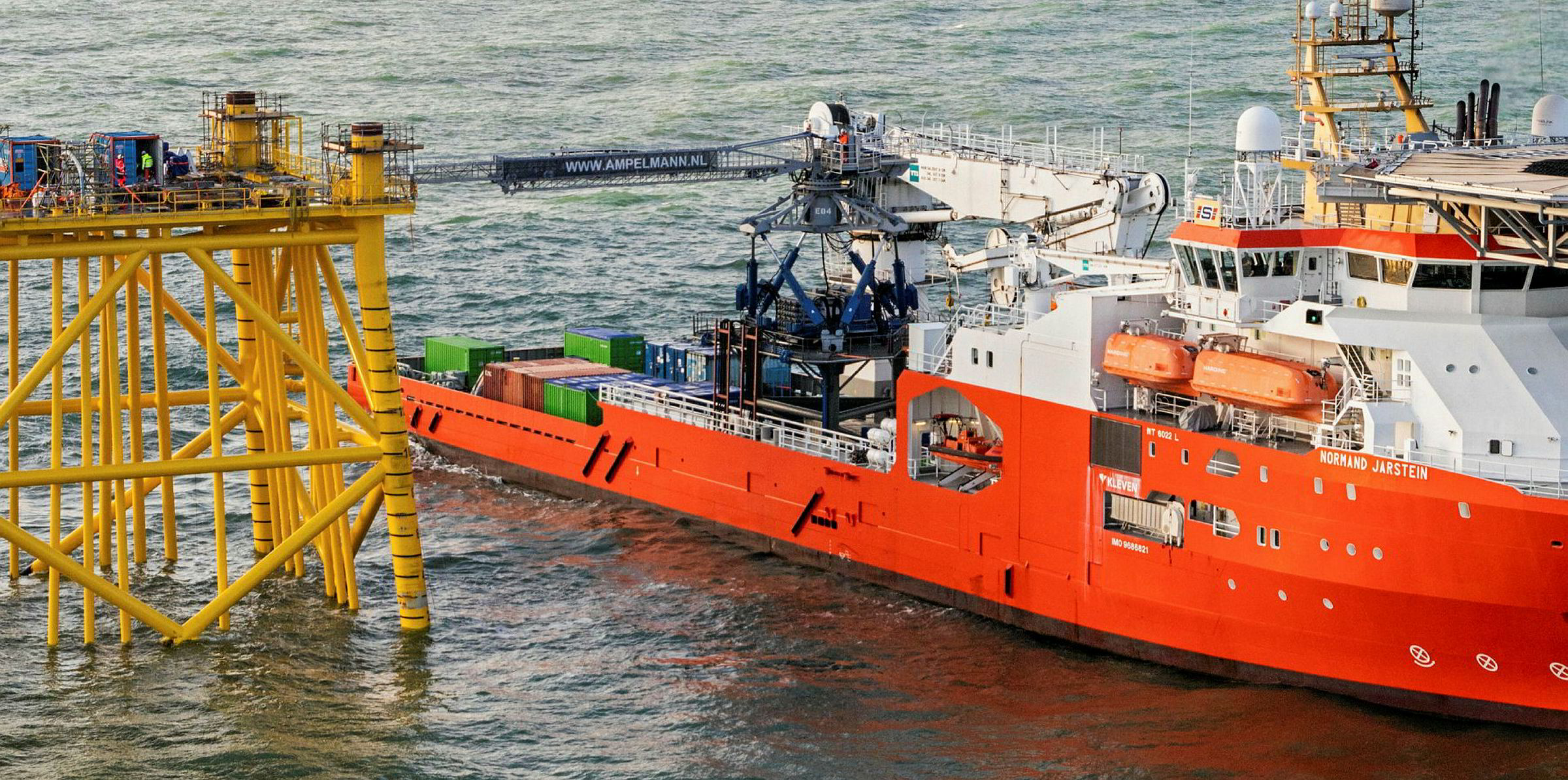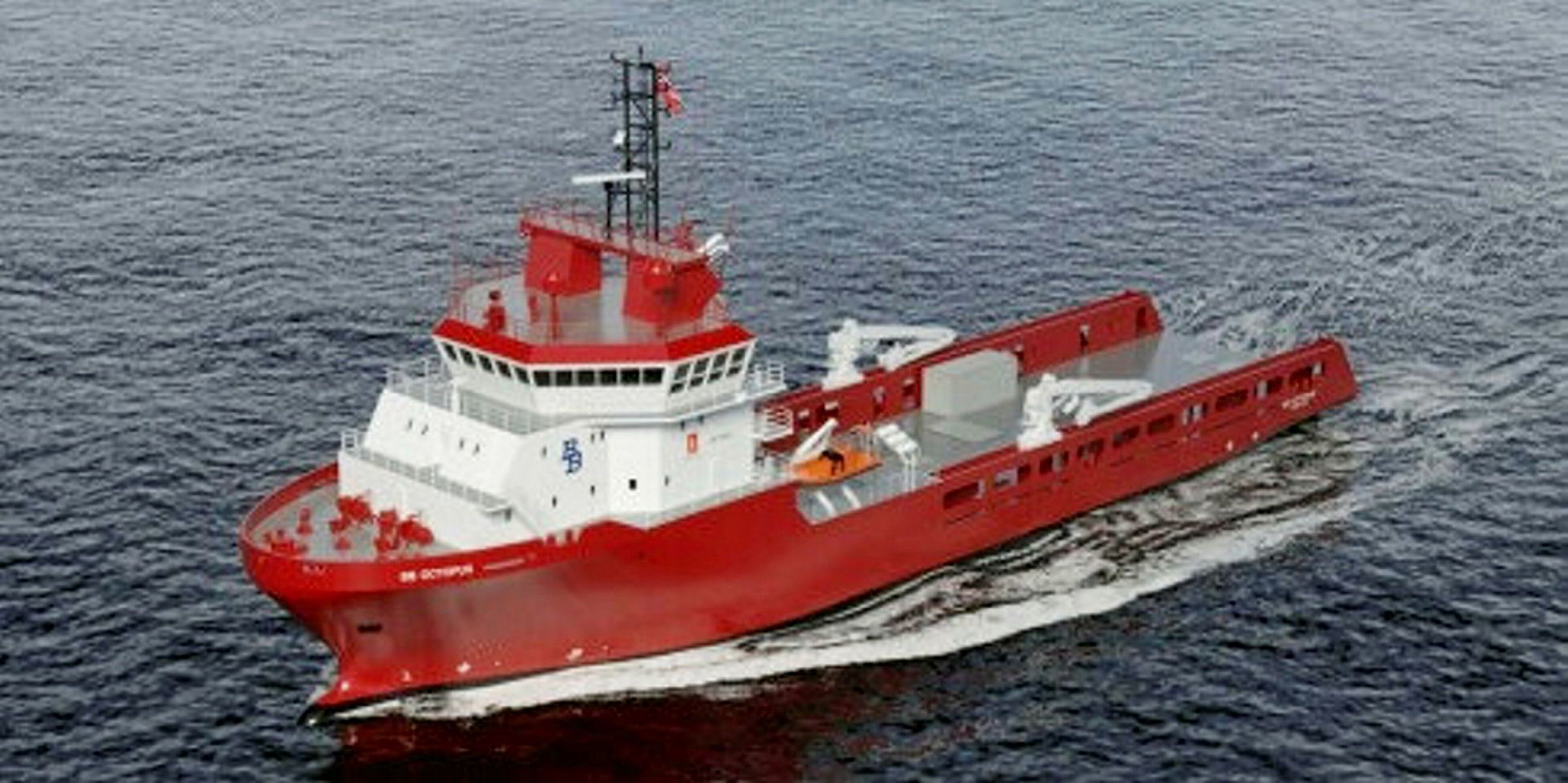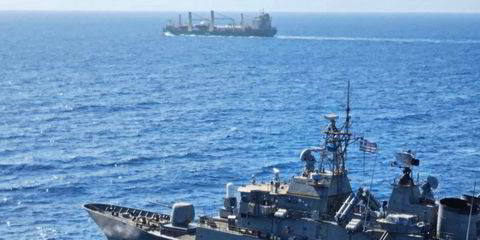Five former Zamil Offshore vessels are heading for recycling in India.
The small anchor handling tug supply vessels (AHTS) have been laid up in Saudi Arabia but were part of an asset transfer last October to Marshall Islands-registered Cleveland Shipping, Equasis data shows.
The 5,000-bhp Amil 12 and 14 (both built 2006), the Amil 19 and 50 (both built 2007) and the Amil 60 (built 2009) were all renamed from Zamil last year.
IHS-Petrodata said the vessels were part of a transfer of 13 AHTS and four utility ships to Cleveland Shipping.
They were then said to have been sold to sector consolidator Allianz Ship Management of the United Arab Emirates and India's North Star in December.
But Equasis lists all five as still owned by Cleveland, with their status given as "to be broken up."
IHS-Petrodata said the ships have been moved from Saudi Arabia to Sharjah in the UAE.
They are expected to be mobilised to head for breakers yards soon in Alang, India.
Zamil Offshore retains a fleet of 49 ships.
Clarksons lists five other former Zamil ships still in the Cleveland fleet, one of which is said to be idle.
They were built between 2006 and 2010.
Zamil and Allianz did not respond to TradeWinds' requests for comment.
Welcome step from owner
Fearnley Securities analyst Gustaf Amle said it was "positive to see vessel owners taking the harsh, though much needed, step to scrap newer vessels."
Consultancy AlixPartners has previously warned that improving offshore support vessel (OSV) markets will not be enough to save some operators from going to the wall.
From a peak of 3,583 OSVs in September 2017, the sector has seen only minimal reductions in overall capacity to 3,515 ships by July, its analysts said.
Assuming that all 210 vessels in the current orderbook are delivered and scrapping rates are maintained at current annual levels of about 70 vessels, the OSV fleet would grow to 3,558 units by December 2021, they added.
This would mean 1,100 of these would be surplus to requirements, based on a fleet of 550 rigs and a ratio of between four and five vessels needed to service them.
"The outlook for the OSV sector cannot improve until the bulk of the sector’s excess capacity is permanently eliminated through scrapping," the report said
US giant Tidewater has taken the most active approach to recycling tonnage, accounting for 46% of the 24 OSVs scrapped during the first half of 2019.
But sufficient scrapping is unlikely as long as the OSV sector remains highly fragmented, with the 10 largest operators controlling only about 30% of the fleet, AlixPartners said.
It pointed to the fleet of Greece's Toisa being sold on when it went bankrupt in 2017. Not one ship was scrapped.







